Gastric Bypass
Gastric bypass or Roux in Y gastric bypass (RYGB) is a type of weight loss surgery that works by making the stomach smaller and the digestive system shorter. The gastric bypass divides the stomach into a small upper pouch and a larger remnant pouch and then arranges the small intestine to allow both pouches to stay connected to it accordingly.
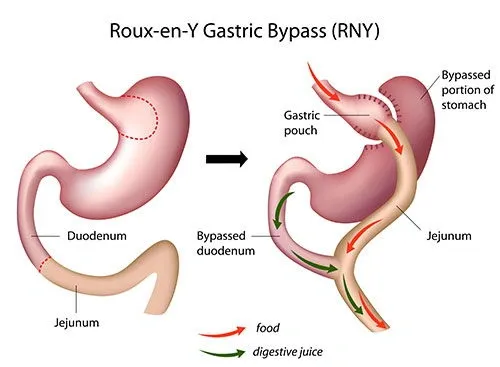
The surgery makes the stomach smaller in capacity, which reduces the amount of food that you can eat, The food bypasses a section of the small intestine (aprox. 13-17 feet) resulting in lesser calorie absorption by the body resulting in weight loss.
Gastric Bypass is one of the final steps one can take to combat weight problems. Its results are immediate, long lasting and beneficial especially when accompanied with a balanced and sustained lifestyle changes.
%
Successful surgeries
Pounds lost forever
Years of experience
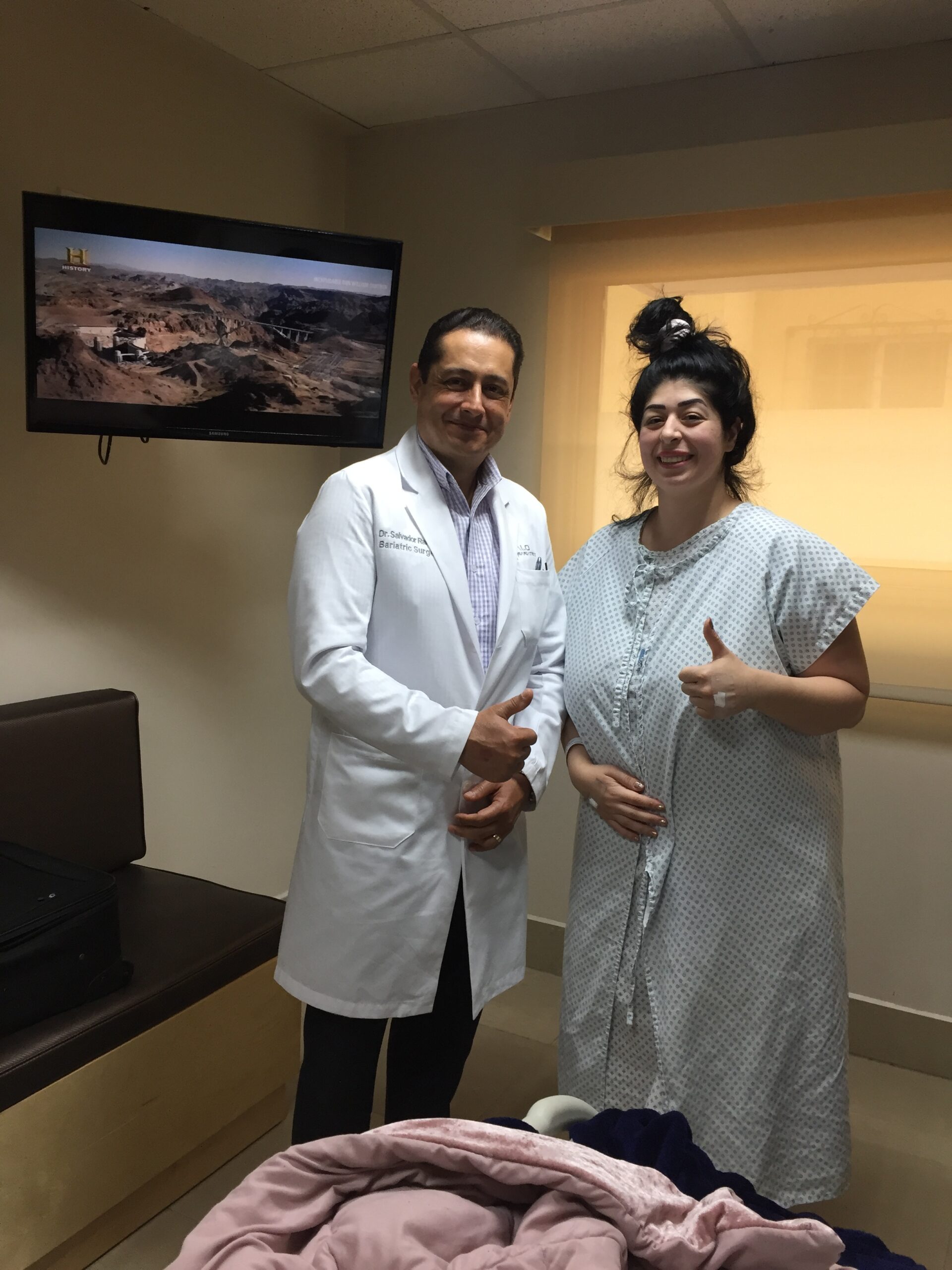
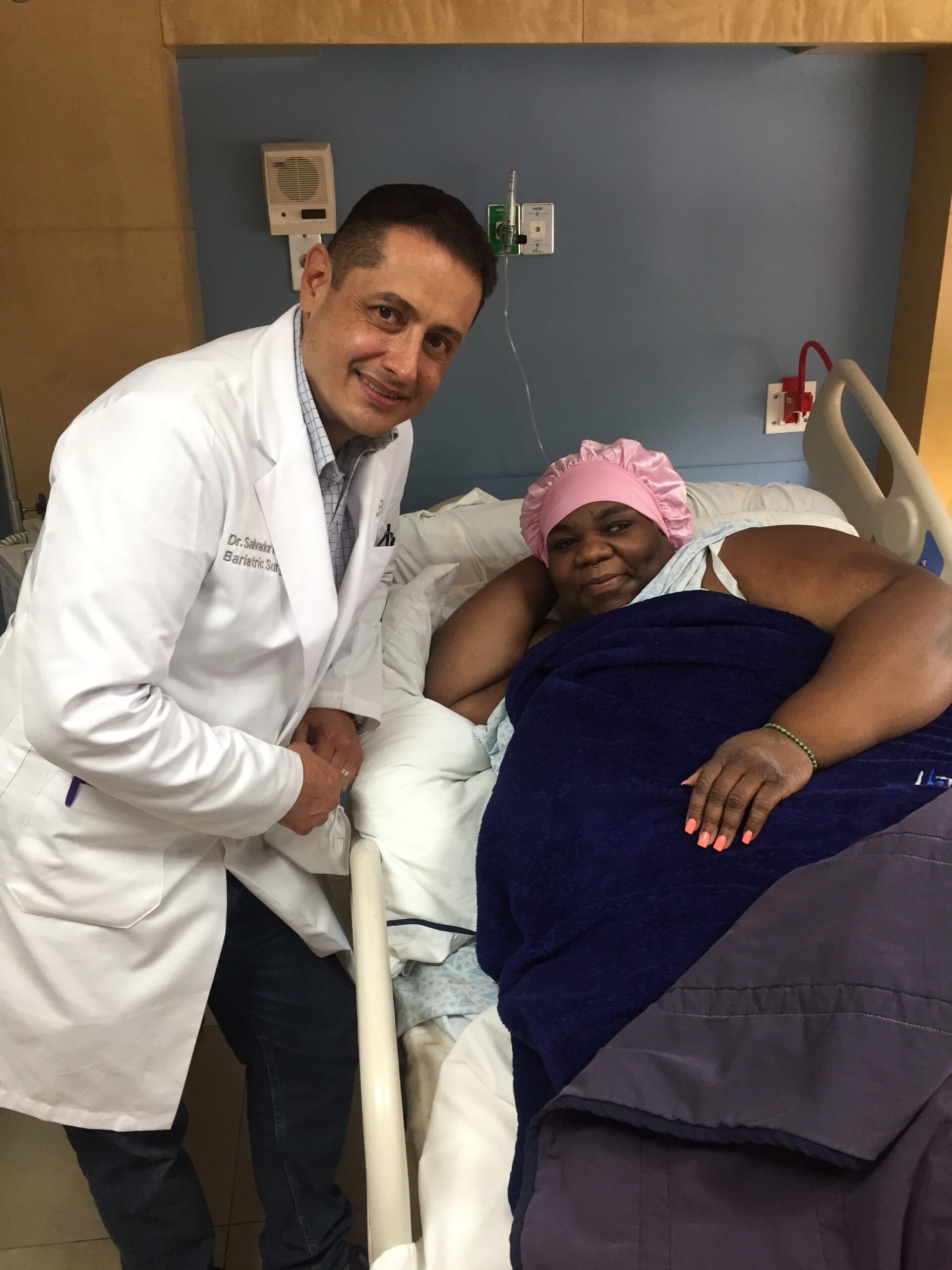
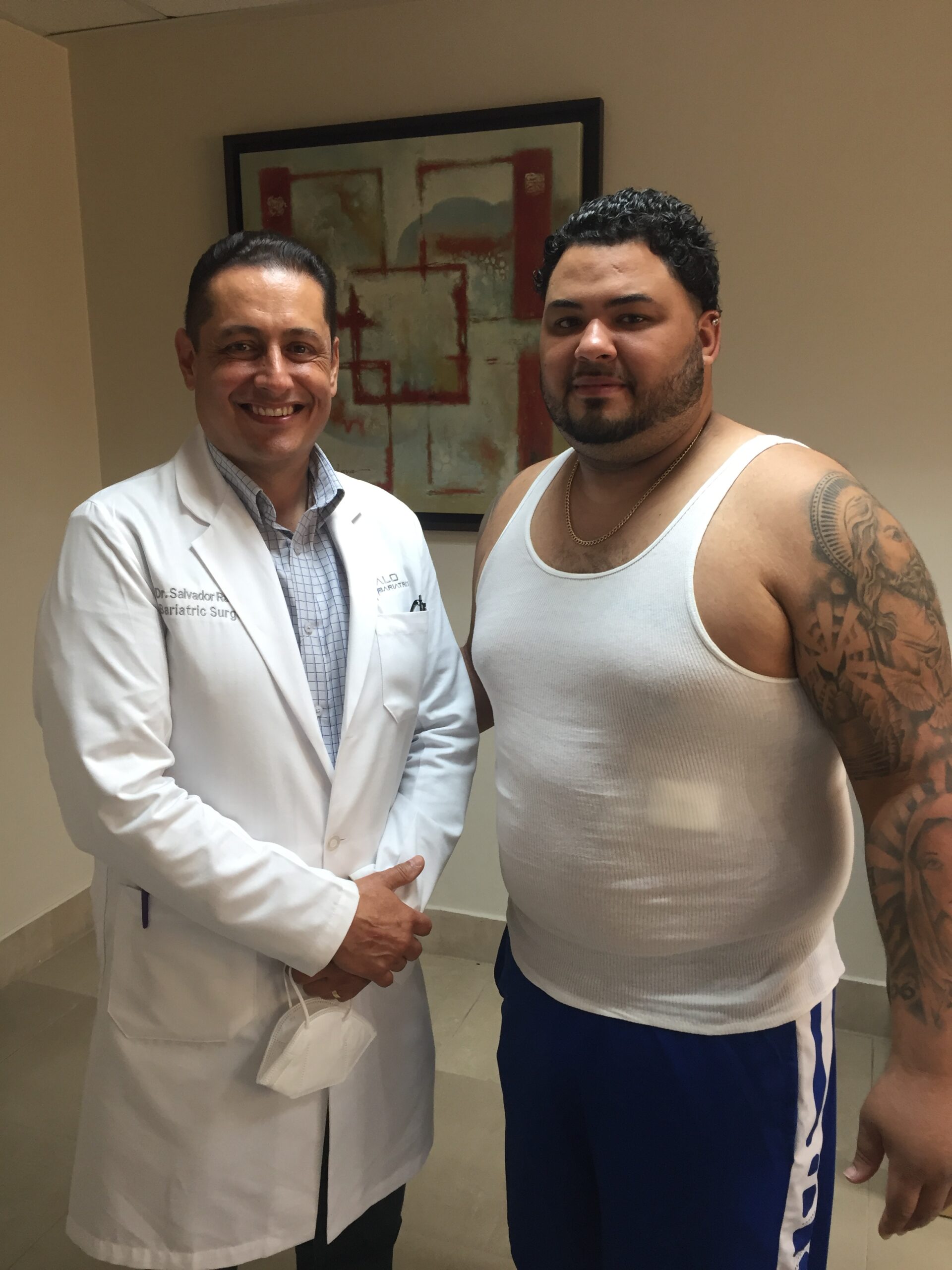
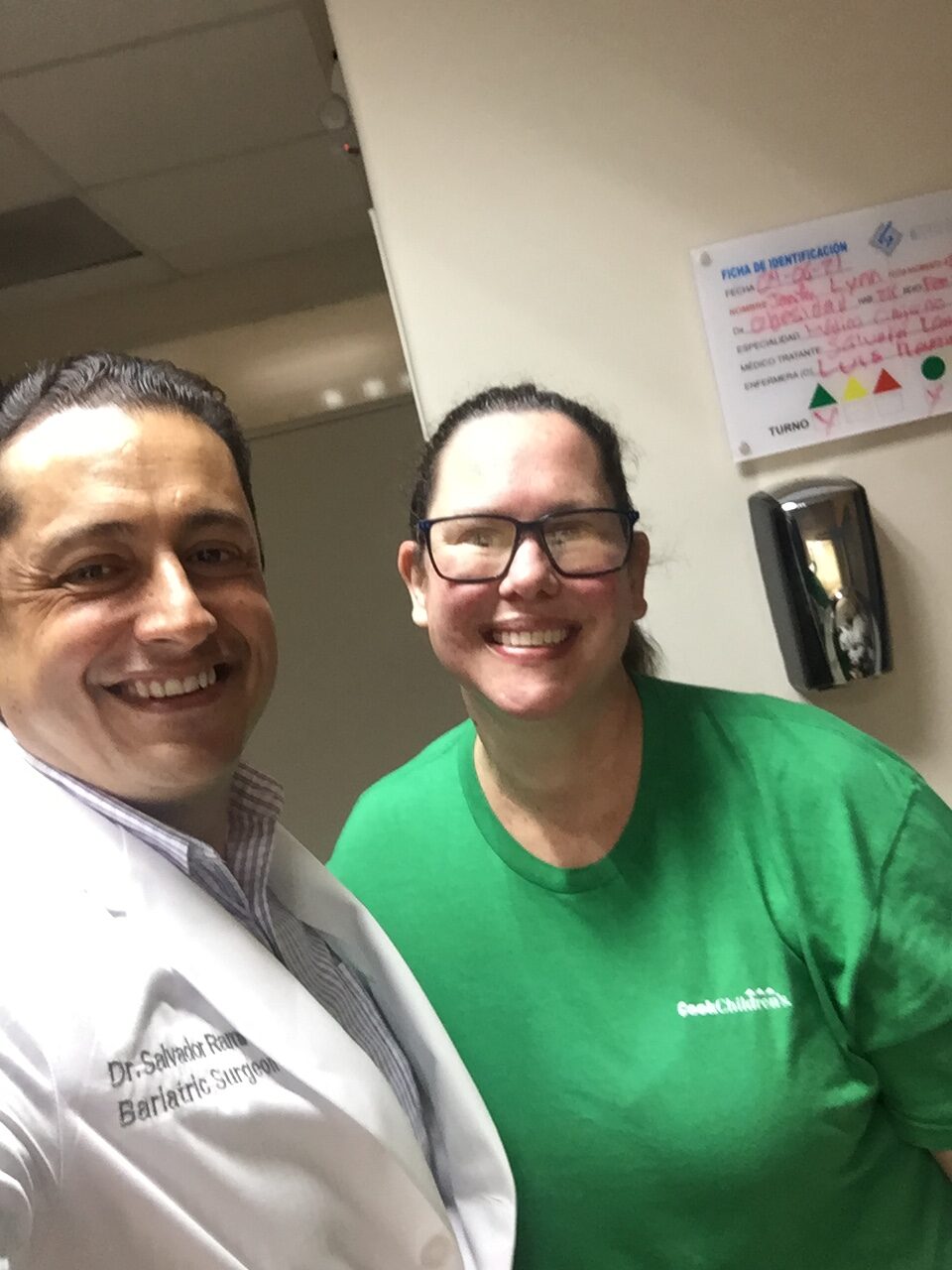
Advantages of Gastric Bypass
- Stomach size is much smaller compared to other surgeries and lesser food intake leading to more drastic weight loss.
- Ghrelin, a hormone, that is believed to be responsible for hunger is bypassed in the procedure.
- Comorbid conditions such as Diabetes and metabolic syndrome are controlled or resolved to the highest extent- around 80 to 100% thus improving the quality of life.
Candidates for Gastric Bypass
You are a good candidate for Gastric bypass surgery if you are between 18 to 60 years of age and have a Body Mass Index of over 40, or Body Mass Index between 35 and 40 with obesity-related medical complications, such as diabetes, heart disease, or sleep apnea.
Procedure
A small pouch is created in the anatomy of the stomach by incisions and staples. This pouch is made of the size of a golf ball. The remaining part is attached to small intestine.The reduced stomach or the pouch is attached to the lower part of the small intestine thus bypassing remaining stomach and the upper portion of small intestine. The small intestine of the upper part that is attached to the remaining stomach is again attached to the roux limb lower part so that digestive juices flow to the food in the intestine. The procedure is done under general anaesthesia and lasts for about 2 hours.
Recovery
You would need to stay at the hospital for 2 days following gastric bypass to see that you are recovering well. You will have some pain and discomfort after the procedure which can be managed with medications. You would be given a diet plan by your surgeon with instructions for sipping plain water, followed by other clear liquids. You need to follow the dietary plan prescribed by your surgeon and the dietician for your smooth recovery.
Results
Weight loss after gastric bypass surgery is often dramatic. On average, patients lose 70- 80% of their extra weight in about one year of the operation. Right after the surgery, most patients lose weight quickly and continue to lose for 18 to 24 months after the procedure.
Time
You would need to stay at the hospital for about two days and a one more in Mexico after the discharge from the hospital. A total of 4 to 5 are required to have gastric bypass surgery in Tijuana Mx. You can resume normal day to day activities in around a week’s time. You would need to refrain from heavy exercise and heavy physical work for six to eight weeks.
Disadvantages of Gastric Bypass
The Patient needs to be careful with his nutrients blood levels having work blood at least every year.
It’s important a strict follow up with a nutritionist.
Contact information
Send us an email
Monday - Friday 07h - 22h
Closed on Weekends
Zona Urbana Río
Gobernador Ibarra 9721, America, 22044 Tijuana, B.C.
